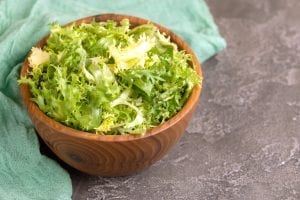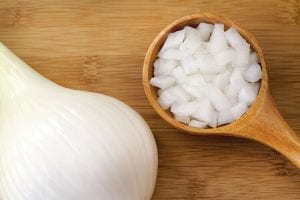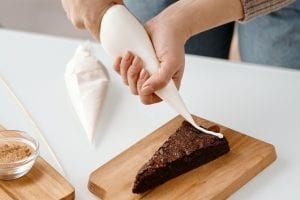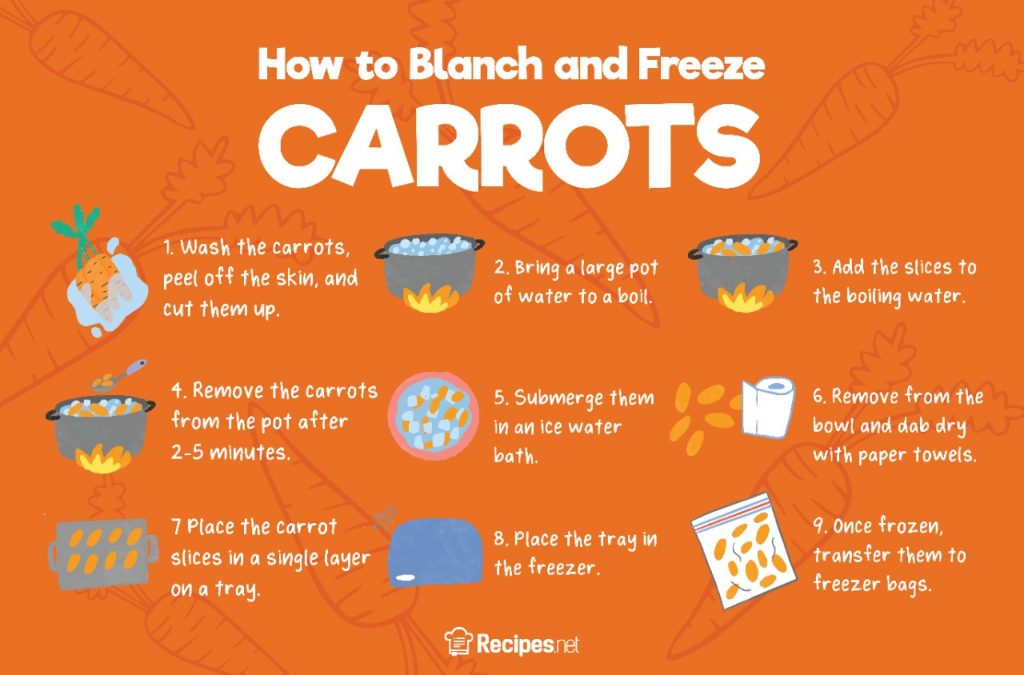
It’s easy to find carrots from your favorite grocery stores or supermarkets as they are available all year round. But buying bulks of this root vegetable might leave you with wilted ones before you get through them all. That’s why learning how to freeze carrots at home is definitely helpful to guarantee bright and fresh carrots at your disposal! Having already-prepared ingredients for whipping up quick meals is also a handy trick in making cooking more efficient.
In case you purchased too many carrots at a nearby farmers’ market, you can read through our step-by-step guide on how to freeze carrots and the best ways to keep them kickin’ for long-term use!
How to Blanch and Freeze Carrots
Step 1: Preparing Carrots
Do you have to peel carrots before freezing them? Peeling is actually optional. But it’s best to keep the peels to preserve more nutrients. Still, peels or not is really up to your preference.
Here’s how you prep these vibrant veggies before freezing:
- Make sure to remove the top green stubbles before rinsing the carrots thoroughly under cool running water.
- Peel the carrots (this is optional) using a vegetable peeler. Then, cut them up depending on how you want to use them. If you are freezing baby carrots, then you can just keep them whole.
Step 2: Blanching Carrots

Just like how you’d freeze celery, blanching carrots before freezing is highly recommended. This method helps maintain the nutrition of these root vegetables and even prolongs the freshness of your frozen carrots. So, how do you blanch carrots for freezing?
- Bring a large stockpot full of water to a boil.
- Add the carrot pieces to the boiling water. Set a timer as soon as you place them in the water.
Note
How long to boil carrots? For the diced or sliced carrots, they only need 2 minutes of blanching. Meanwhile, whole small or baby carrots should be blanched for 5 minutes.
- Once you have finished blanching, quickly remove the boiled carrots from the pot with a strainer.
- Submerge them in a mixing bowl filled with ice water so they don’t overcook. Let them cool for at least 2 minutes.
- Remove the carrot pieces from the bowl. Drain off any excess moisture by dabbing them dry with paper towels.
Step 3: Freezing Carrots

After blanching your carrots and once they’re completely dry, it’s time to freeze them. Here’s how you do it:
- Place the carrot pieces on a tray. Ensure that you arrange them neatly in rows so they don’t clump together in the freezer. Of course, you wouldn’t want a single block of frozen carrots so it’s better to keep them in smaller batches.
- Then, place the tray in the freezer and let the carrots freeze for 3 hours.
- Once frozen, transfer them to freezer-friendly containers such as freezer bags or resealable plastic bags. Ensure they are sealed tightly, then stock them in the freezer.
- Label and date the containers so you can keep track of the frozen carrots’ freshness.
READ ALSO: 12 Best Freezer Containers to Keep Your Food Fresh and Organized
How Long do Carrots Last in the Freezer?
Usually, the average shelf life of raw whole carrots lasts from three to five days, if kept in the pantry. However, properly stored blanched carrots in the freezer are likely to last for up to a year. Blanching before freezing these veggies greatly help prolong their freshness longer than any other method. Best of all, it also maintains the bright orange color of the carrots as well as their nutrients!
On the other hand, unblanched frozen carrots can only last up to two months and will have a shorter shelf life compared to the blanched ones.
Additionally, the quality of your carrots also contributes to their shelf life in the freezer. Fresher and younger carrots are likely to last longer in storage because they have less fibrous content.
How long do baby carrots last, though? Generally, this type wilts faster than normal ones. That is why we highly recommend storing them in the freezer. If stored properly, frozen baby carrots can last for 10 to 12 months. And if you blanch them first before freezing, baby carrots can last even longer at around 12 to 18 months.
- Keep your fresh carrots away from ethylene-producing vegetables and fruits such as onions, potatoes, apples, or pears. The carrots may develop a bitter taste and ripen quickly.
How to Use Frozen Carrots
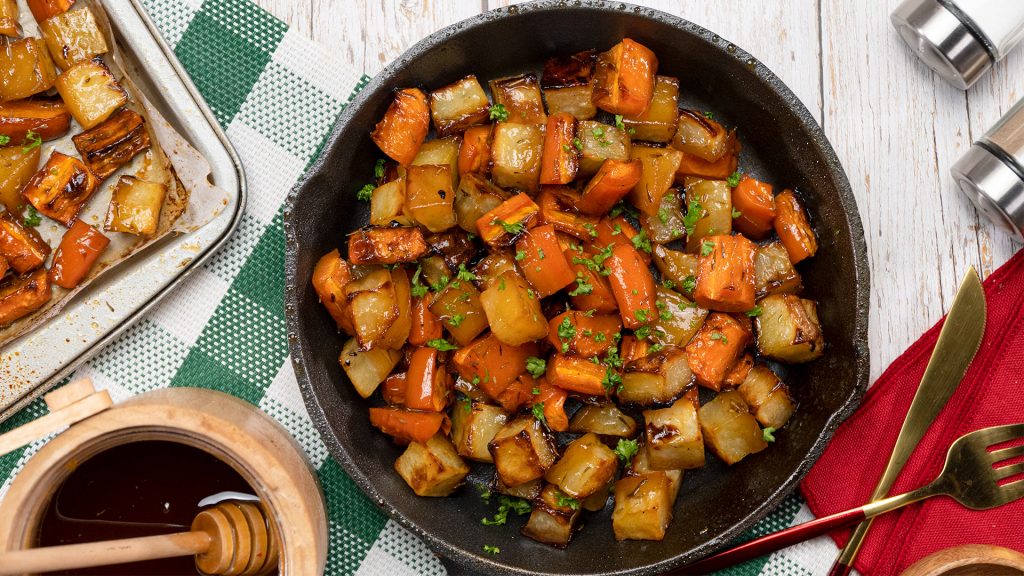
Now that you know how to freeze carrots, let’s move on to the delish recipes that make use of frozen carrots. They’re usually incorporated in hot dishes such as soups, stews, and casseroles. Whether as a snack or a meal, here are some of the recipes that you can try:
- Cream of Carrot Soup – Great as a snack or an entreé, this sweet and creamy dish brims with floral notes and a touch of roasted flavor. And the pinch of curry powder at the end gives the tad of spice it needs.
- Honey-Roasted Potatoes and Carrots – Coated in honey and olive oil, this savory dish makes for a perfect side! It may be simple but it is certainly yummy and aromatic with the addition of dried and fresh herbs.
- Carrot Potato and Leek Casserole – This vegetarian dish combines the hearty flavors of carrots, potatoes, and leeks. You’ll love the earthy, sweet notes with mildly pungent undertones. It may take some time to make this dish but rest assured you’ll love the delicious finish!
READ ALSO: Can You Freeze Onions? Yes, Here are 4 Easy Ways!
Frequently Asked Questions
Can you freeze fresh carrots without blanching?
It’s fine if you decide to skip blanching. However, know that unblanched carrots may discolor and their texture and quality may deteriorate when you freeze them. If you don’t want them blanched, it is best to finely dice them or keep them as thin slices, and ensure they are as dry as possible before freezing.
Why are my frozen carrots rubbery?
A common thing that most notice is that frozen carrots turn squishy after thawing. This is actually due to moisture loss that occurs in the freezer. But the rubber-like texture of your carrots can also be influenced by a few factors such as slow freezing, using old and wilted carrots for storing, improper storage/container, or over blanching. We recommend using younger carrots and quality food containers to avoid this problem. To prevent over-blanching, try setting a timer to not exceed the recommended time of five minutes.
Can you freeze cooked carrots?
Absolutely! Cooked carrots can be frozen for up to nine months and still retain their flavor and nutritional value. Simply transfer them into freezer bags or airtight containers while making sure to leave a few inches of headspace for expansion.
Learning How to Freeze Carrots Will Give You Fresh Carrots to Cook With All Year
You no longer have to worry when you buy these root vegetables in bulk. Just follow our step-by-step guide and you can enjoy their crispness all year long!



